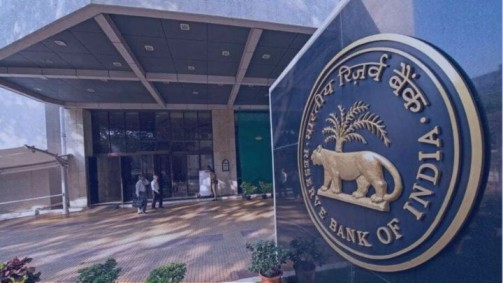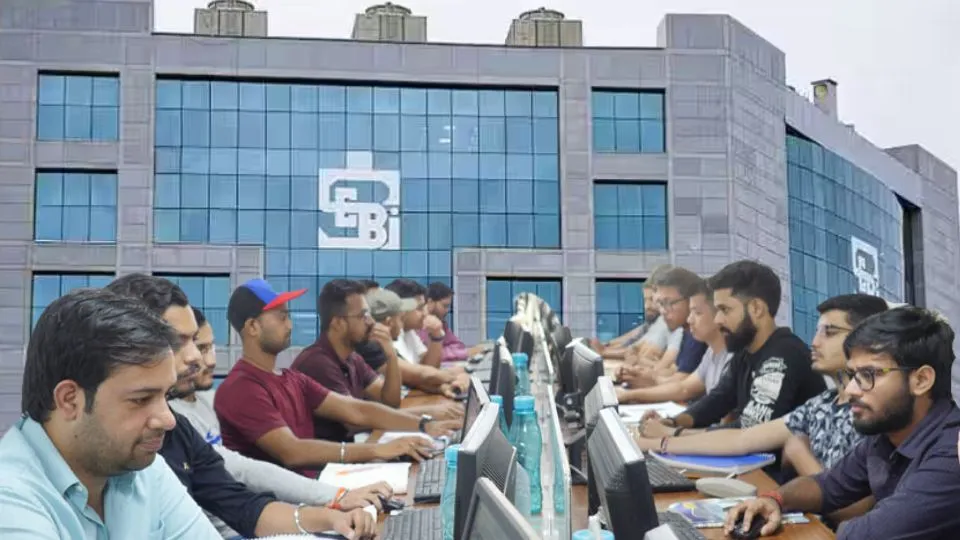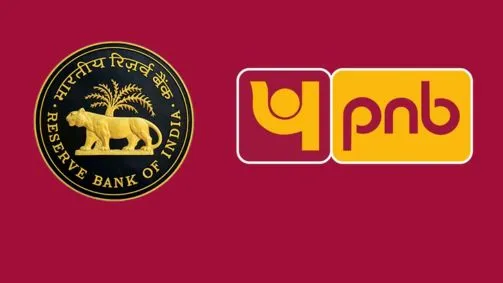RBI ( Reserve Bank of India) is transferring a record INR 2.1 Lakh Crore to the Government of India. This is the highest transfer ever in the history of RBI and will help the government to meet its fiscal deficit targets for FY25.
This transfer was based on the Economic Capital Framework and was double than what the market expected.
KEY THINGS TO UNDERSTAND:
A dividend is a sum of money paid regularly by a company / entity to its shareholders out of its profits or reserves. In this case, the RBI is paying a dividend to the government, its largest shareholder.
Why does RBI pay dividends?
The Reserve Bank of India, generates income through various operations, such as managing currency and reserves, and investing in foreign assets etc. Profits from these activities are periodically transferred to the government as dividends.
ALSO READ: India To Become $4 Trillion Economy In FY25: Sanjeev Sanyal (globalmoneytimes.com)
The fact that makes this dividend special is that it is the largest ever paid by RBI. It significantly exceeds in previous years payments’, which reflect soar in earnings from investments and a special accounting change, related to the revaluation of the RBI’s foreign exchange reserves.
How the Dividend is going to Help Govt.
Through the dividend, the government can increase spending without needing to borrow more, which can help stimulate economic growth and create jobs. It came at a crucial time as the government is facing rising expenses on healthcare, social schemes and infrastructure projects.
The RBI generates surplus through various operations and sources of income such as investment in foreign assets, interest on domestic investments, interest on loans and advances, fees and charges, currency management, exchange rate operations, dividend from subsidiaries, miscellaneous income.
ALSO READ: Bain Capital Planning To Buy Controlling Stake In Haldiram’s (globalmoneytimes.com)
Moreover, the transfer by RBI is going to provide a boost to the economy by addressing immediate fiscal needs. This dividend boosts the government’s finances, injecting extra funds that can be used for public spending, reducing fiscal deficits, or managing debt.
Further few concerns & reservations were also raised over the dividend by RBI, that:
- RBI needs war chests for emergencies, in case of any trouble to banks
- It may limit the ability to meet open market liquidity
- It may increase inflation
This Article has been written by Mr. Anurag Mishra, an aspiring consultant and financial analyst. He is pursuing graduation from North Campus, University of Delhi, and concurrently he is also pursuing CS [Company Secretary] and CMA USA.











